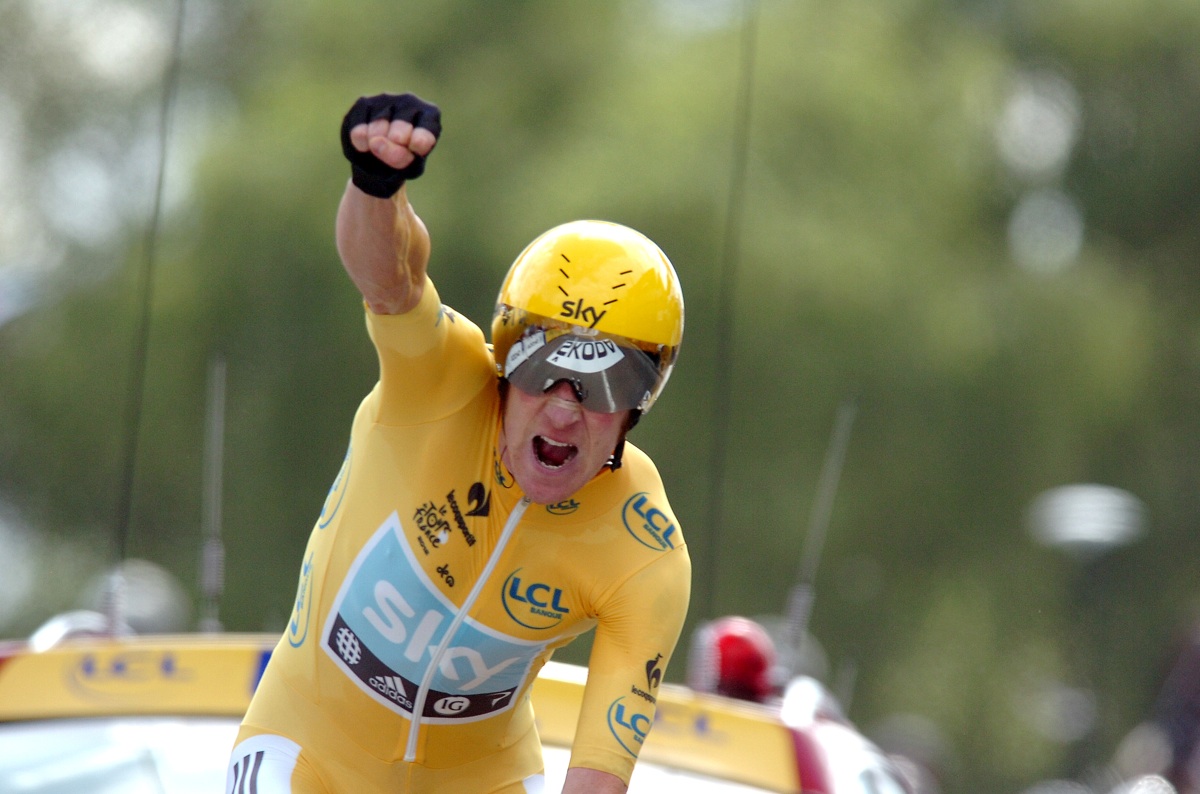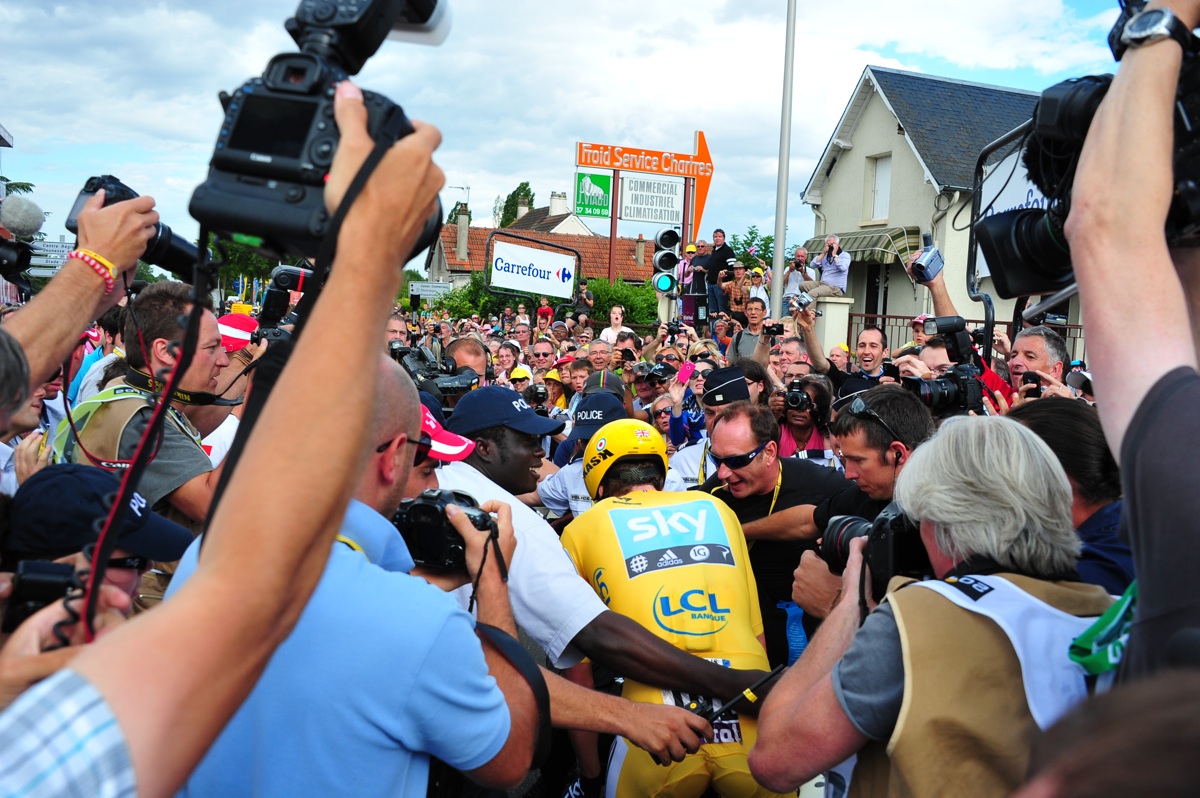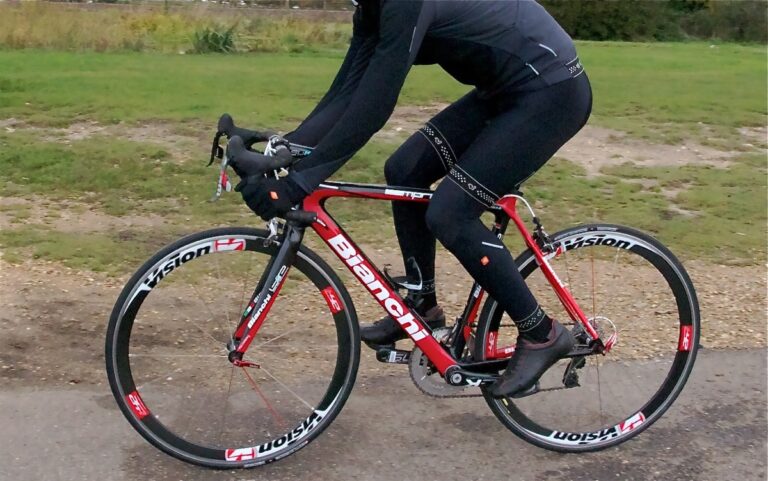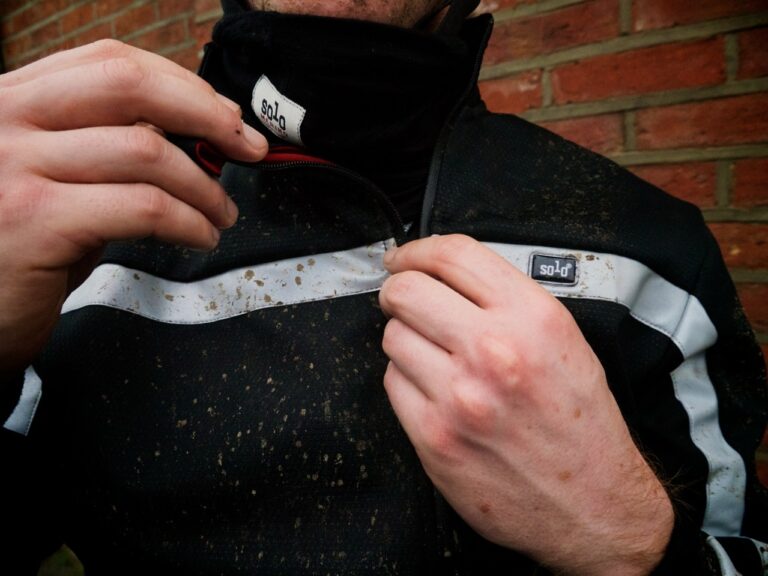In July, Bradley Wiggins became the first Briton to win the Tour de France.
This historic triumph, among the many achieved this year by the 32-year-old, provides a single, compelling argument to support the Londoner’s nomination for the BBC Sports Personality of the Year.
An exceptional achievement is required to win the award in what has been a matchless year of British sporting success, but becoming the first British rider to win cycling’s most prestigious race more than meets that requirement.

Months of hindsight, and a wildly successful Olympic Games for the host nation, especially its cyclists, should not dim appreciation of Wiggins’ achievement in Paris.
Winning the Tour crowned the complete transformation, mental, physical, and tactical, from his career as a track rider: one that by its own merits would place him among the greatest riders this country has produced.
Similarly, the flawless preparation for his third sustained assault on cycling’s greatest prize, an approach that encompassed victories in more of the sport’s most prestigious races, would earn him a place alongside the immortals of British cycling.
For the wider public, Wiggins’ crushing post script to the greatest victory of his career, delivered just ten days later in the men’s Olympic time trial, will perhaps hold greater significance than his achievement across the Channel. But victory in a single time trial, regardless of the undoubted pressure under which it was achieved, cannot compare to winning the most celebrated of cycling’s Grand Tours.
And there in lies the clinching argument. While the achievements’ of Wiggins rivals for SPOTY were magnificent (Mo Farah’s gold medal performance in the 10,000 metres was, in the opinion of this correspondent, the most electrifying of the entire Games), none was required to exhibit the physical and mental prowess required to win an event lasting three weeks.

The heptathlon’s necessity for sustained performance perhaps makes Jessica Ennis’ achievement most suited among those of the SPOTY nominees to direct comparison with Wiggins’, but competing over two days simply cannot make the same demands of competing for twenty-one.
David Weir’s achievements in winning middle distance and marathon hand cycling golds at the London Paralympic Games demonstrate an impressive versatility (he has previously won Paralympic medals in sprint events), but still do not compare to the difference between racing for four kilometres on the wooden boards of a velodrome and 3,000 kilometres over often mountainous roads.
Then there is the mental strength exhibited by Wiggins, who entered the Tour as favourite and leader of the best-funded team in the sport. Such perceived advantages bring pressures of their own; pressures successfully managed with 21 days of sustained vigilance of move and counter move, by management of effort, marshaling of troops, and mastery of roles from time trialist to lead out man.
Wiggins’ mental tour de force is arguably the most impressive aspect of is victory in France. Roger Hammond, a retired Classics specialist, compared the concentration level required of the Londoner for three weeks to that he needed to sustain for five minutes during the most grueling sections of the brutal Paris-Roubaix one-day race.

Wiggins also wins on merit, in my opinion, on the dual nature of the award implied by its title. His personality, occasionally hard edged, nevertheless makes him a compelling sportsman. His slowing of the peloton during the ‘tack attack’ on stage 14 of the Tour, his ‘raffle’ speech on the Champs-Élysées, his determination to be with his family, watching from outside of the gates of Hampton Court Palace, immediately after his gold medal winning ride in the Olympic time trial, are all examples of a rider defiantly off-message.
Who then can challenge him on Sunday? Among the cyclists nominated, only Sir Chris Hoy’s achievements compare to Wiggins’ (they are jointly the nation’s most decorated Olympians). As winner in 2008 however, Hoy is unlikely to receive a second award in such a strong year.
Mo Farah’s journey from child immigrant from one of the world’s poorest countries to global sports star is compelling, and his double gold medal triumph hugely impressive, but is, in my opinion, eclipsed by Wiggins’ Tour triumph.
The dominance exhibited by Weir, Sarah Storey, sailor, Ben Ainslie, and swimmer, Ellie Simmonds, makes them worthy contenders, as does the ground-breaking nature of Nicola Adams’ success in the boxing ring.
Hoy’s will to win, never more obvious than in his move on Maximilian Levy in the final bend of the keirin final, and the fulfillment of promise achieved by Ennis, Katherine Grainger, and Andy Murray, makes them worthy nominations.
But in the opinion of this correspondent, none of their achievements matches that of Wiggins, Britain’s first winner (it bears repetition) of the Tour de France.
There has been little of the campaigning from the cycling community to secure the award for Wiggins that accompanied Mark Cavendish’s nomination last year. Is this complacency or confidence? I tend towards the latter and hope that on Sunday, a cyclist is named BBC Sports Personality of the Year for a second consecutive year. Among those nominated, Wiggins’ achievement in July alone makes him the obvious candidate.





